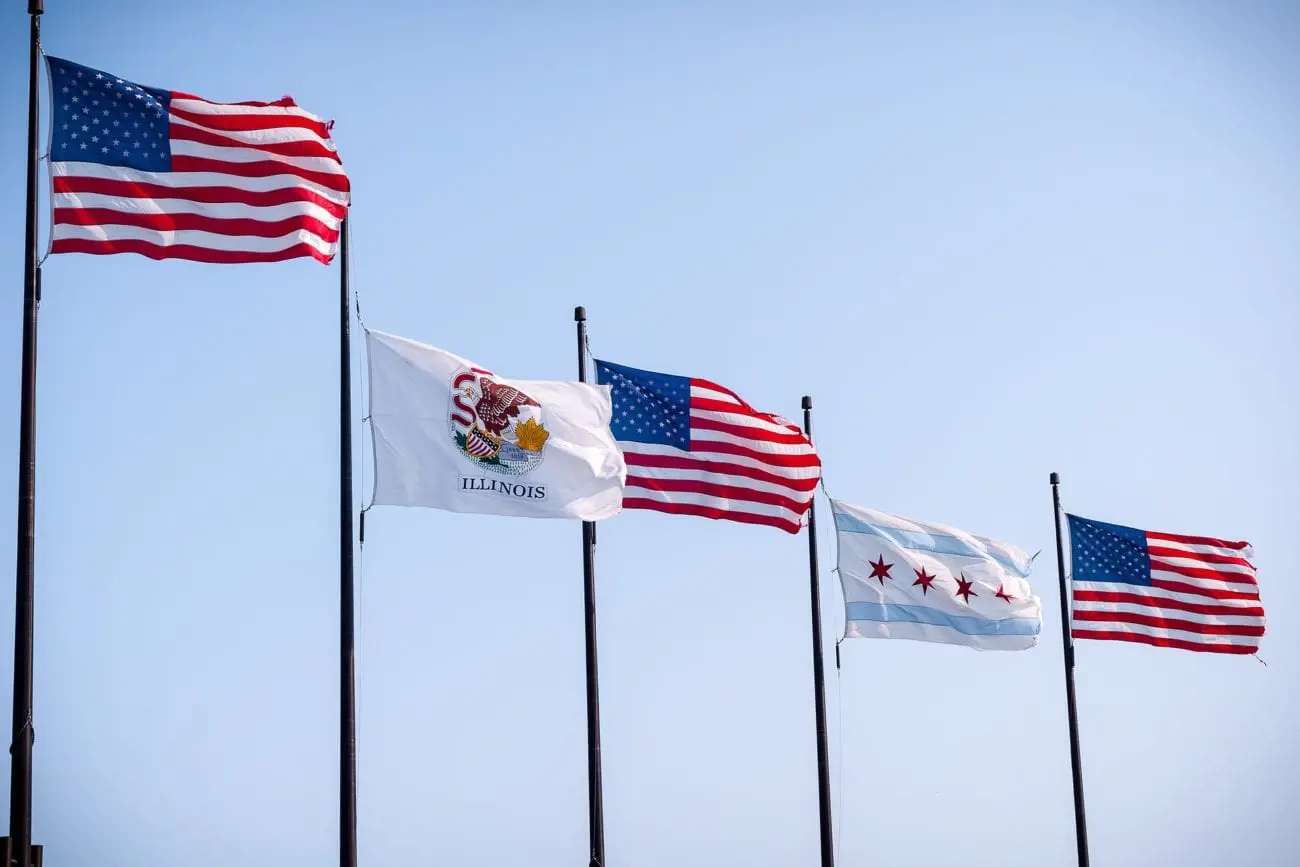
- REGULATION & COMPLIANCE

Late on Sunday (26 May), Illinois senators passed a FY2025 budget that includes a sports betting tax hike that will most affect the state's biggest operators.
The Sports Betting Alliance (SBA) called the budget an “extremely disappointing decision that will cause real harm”. The proposal nearly triples the tax rate for the most successful operators.
Sunday’s version of the budget, passed by the senate, is different from the house proposal. It would make Illinois the second-most expensive state for wagering operators to do business in.
At the highest end of the scale, the operators with the highest adjusted gross revenue would pay a 40% tax. Only New York’s 51% is higher for a state with a competitive market.
The vehicle for the tax is HB 4951, which did not include the progressive sports betting tax when the house approved it. The bill now goes back to the house for concurrence.
Late Saturday (25 May), the house adjourned until after the holiday weekend and, at that time, a proposed progressive sports betting tax was already circulating in Springfield.
Operators have been paying a 15% tax since sports betting went live in June 2021. Earlier this year, Governor JB Pritzker proposed an increase to 35%. The senate version of the budget goes beyond that, even on the low end.
Under the sliding scale, the cheapest tax would be 20% and the highest 40%. The senate’s progressive sports betting tax separates AGR for retail and digital sportsbooks. If an operator has retail and digital sportsbooks, it appears it would pay separate taxes for each, although the cutoffs are the same.
The new scenario represents at least a small savings versus the original scenario for some operators. In this framework DraftKings, for example, would have paid 20% tax on its retail AGR, which was $7m for FY2024. It would have paid 40% on its digital AGR, which was $350m.
Rush Street, as an example, would see a more significant savings under the senate scenario.
The company’s retail sportsbook had AGR of $12m for FY2024. Online AGR was $81m. Rather than pay 30% tax on all AGR, Rush Street would have paid a 20% tax on the $12m and 30% on the $81m.